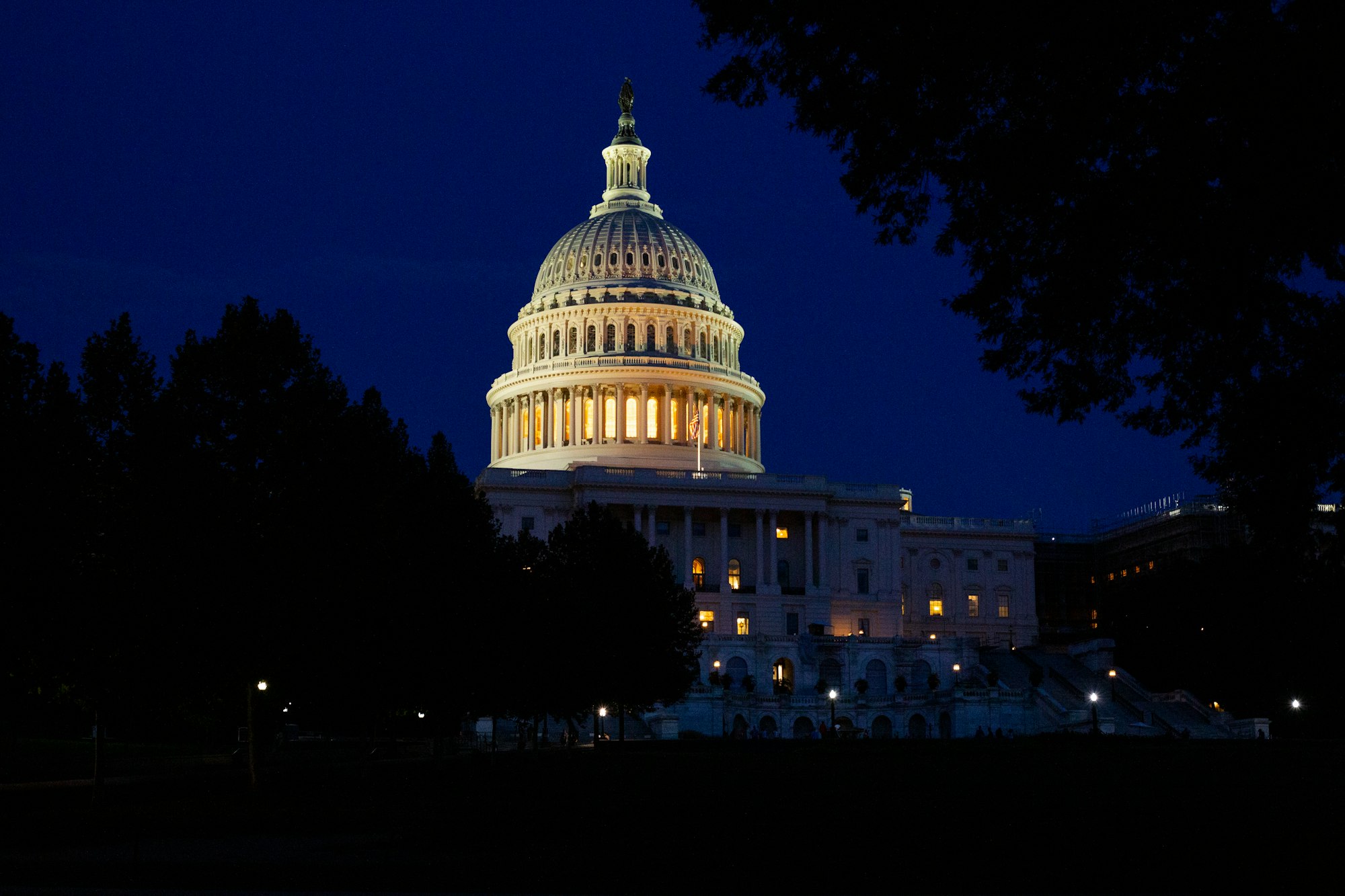Late last night, House Republicans introduced new language to the Budget Reconciliation bill that will immiserate the lives of millions of Americans by cutting their access to Medicaid, and making life much more difficult for millions more by making them pay higher fees when they seek medical care. While a lot of attention will be justifiably given to these cuts, the bill has also crammed in new language that attempts to entirely stop states from enacting any regulation against artificial intelligence.
This post is for paid members only
Become a paid member for unlimited ad-free access to articles, bonus podcast content, and more.
Subscribe
Sign up for free access to this post
Free members get access to posts like this one along with an email round-up of our week's stories.
Subscribe
Already have an account? Sign in

